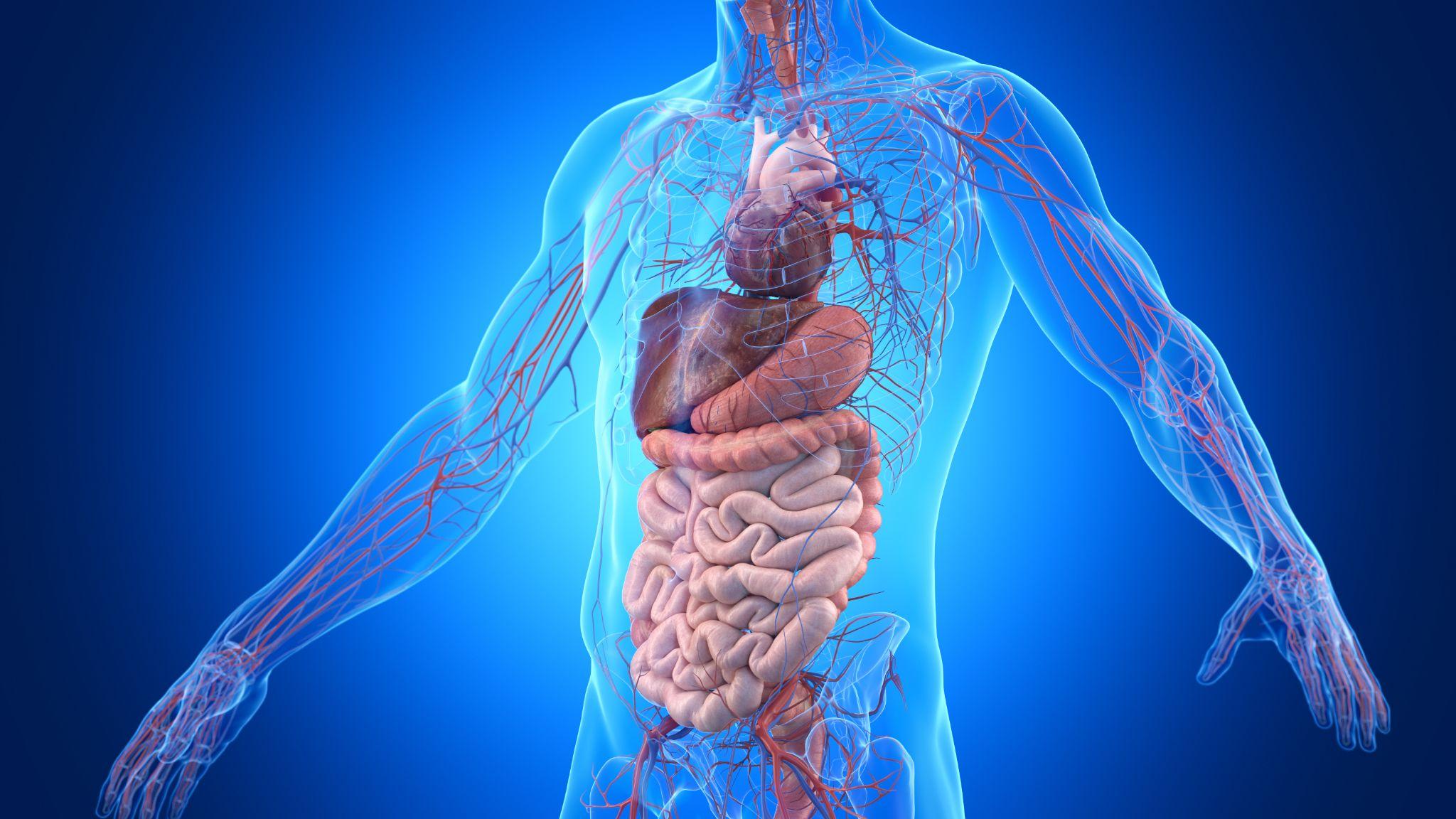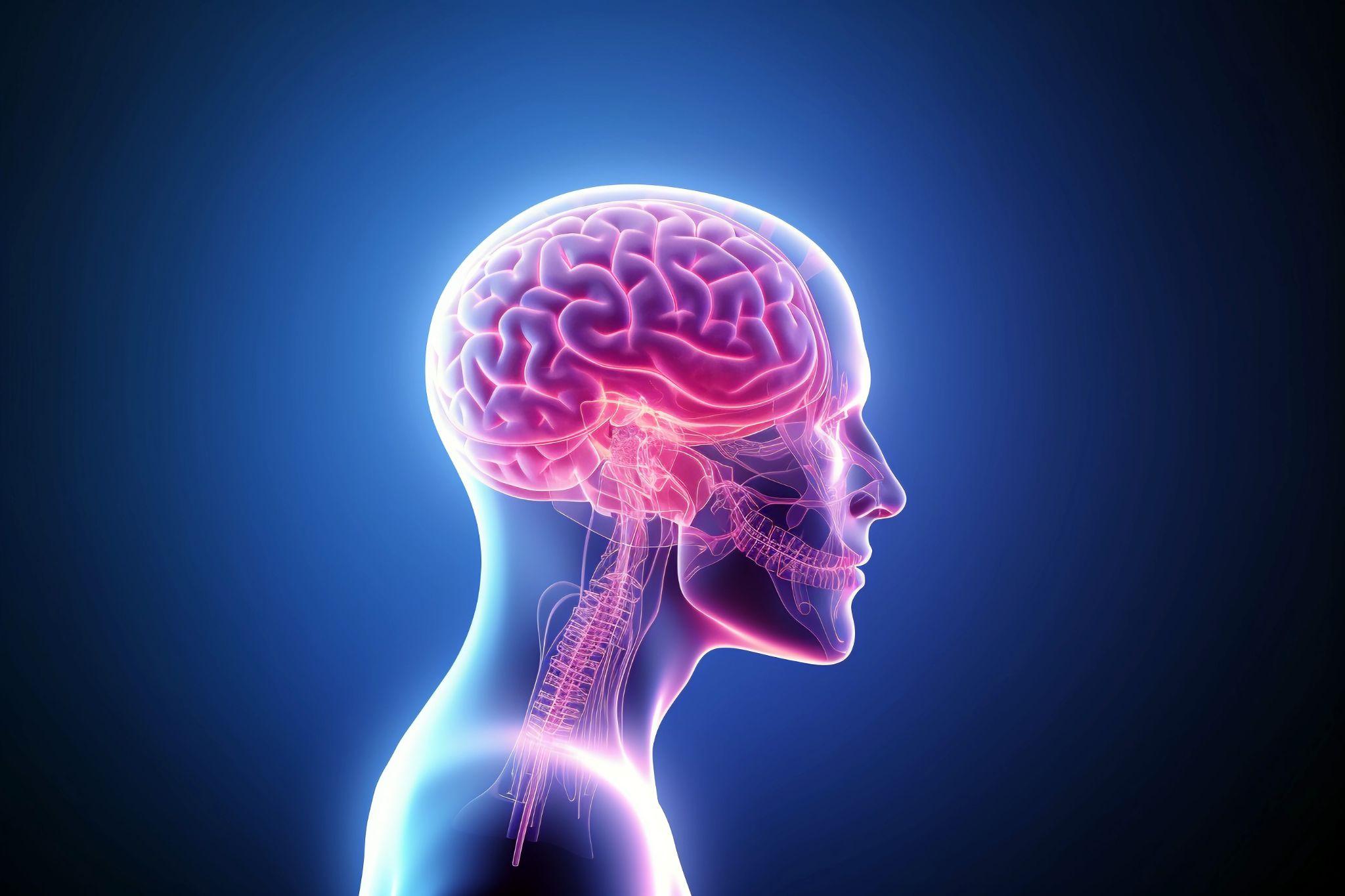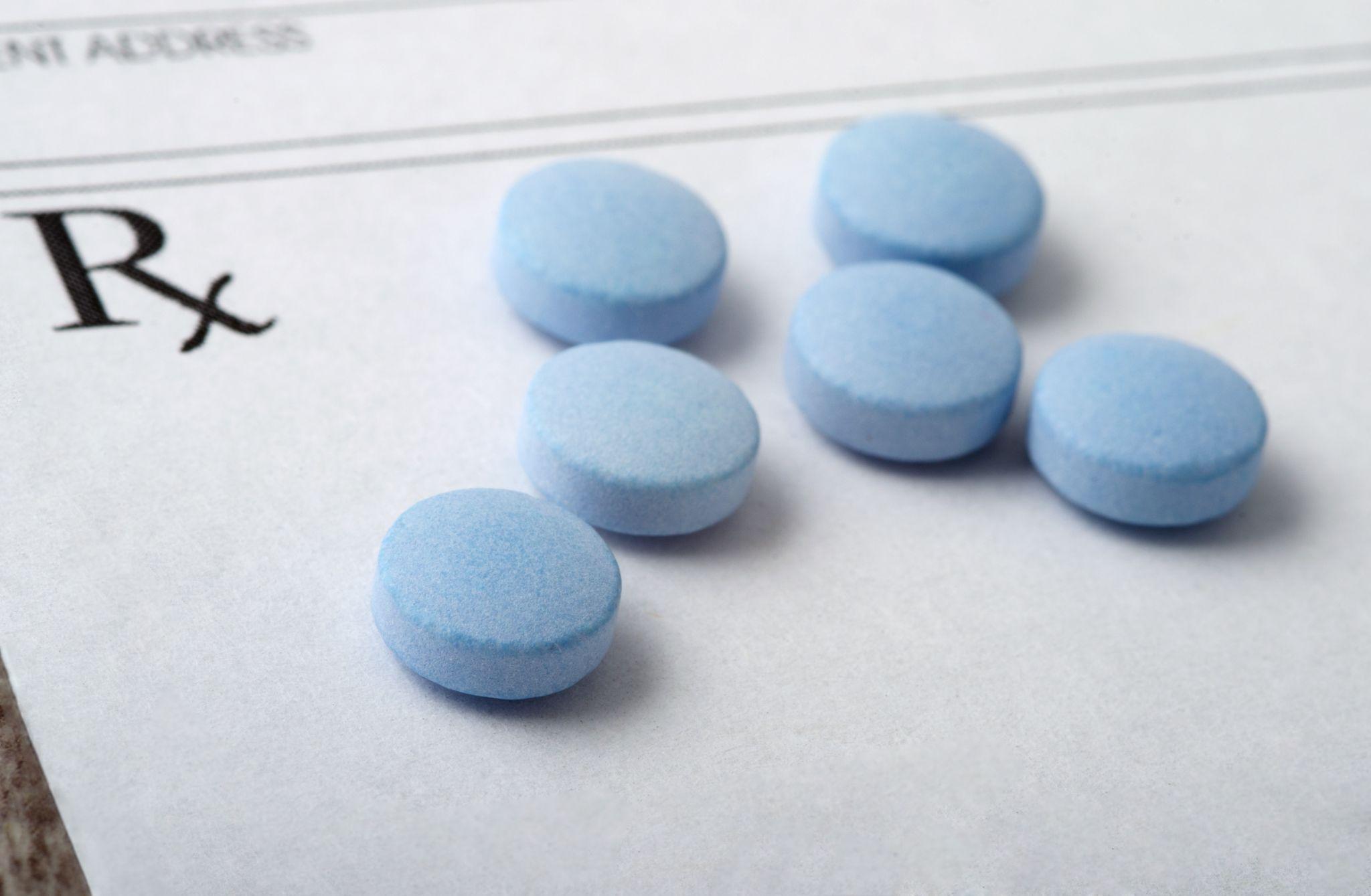THE DANGERS OF LONG-TERM ADDERALL ABUSE
HOW MISUSE OF PRESCRIPTION STIMULANTS CAN DO LASTING DAMAGE
For many individuals diagnosed with conditions like Attention Deficit Hyperactivity Disorder (ADHD), Adderall can be a life-changing treatment that helps their brains function more effectively. In people whose brains do not need this help, however, Adderall can create a powerful, energetic high.
As an amphetamine drug, Adderall is a powerful stimulant medication that requires careful use in very specific situations. Commonly prescribed in immediate release (IR) and extended release (XR) forms to treat conditions like ADHD and narcolepsy, it is also often misused to achieve a fast-moving, excitable high and produce strong, laser-like focus.
Sadly, high school and college students are particularly drawn to misuse of Adderall to boost their focus and productivity while studying or taking tests. Eventually, physical dependence replaces these benefits with cravings and withdrawals.
Over the long term, non-medical Adderall abuse can lead to serious mental and physical problems like heart disease, liver damage, and brain damage. However, it’s important to note that the long-term effects can vary and are not universally experienced by all users.
It is important to note here that although the Adderall long-term effects are not yet fully understood, studies to date have found no significant evidence of Adderall addiction or long-term risk for adults who were treated as children for ADHD. However, some studies are still a subject of ongoing research.
Some adolescents and adults prescribed Adderall for ADHD have been known to abuse the medication, but it is unclear to what degree data has been affected by inaccurate diagnoses or manipulation by already addicted patients. Nevertheless, it’s always good to know what the red flags are should they appear.
ADDERALL ADDICTION STATISTICS

Let’s take a look at some particularly concerning statistics:
According to recent findings from the National Survey on Drug Use and Health (NSDUH) in 2022, released by the U.S. Department of Health and Human Services through the Substance Abuse and Mental Health Services Administration (SAMHSA), the use of prescription stimulants, including medications like Adderall, remains a significant concern in the U.S.A.
The report emphasizes the commonality and trends in the use of prescription stimulants among mature individuals.
An earlier study by the National Institute on Drug Abuse had indicated that approximately 400,000 individuals in the United States, who used prescription stimulants, fulfilled the conditions for substance abuse and dependency. This statistic is significant in understanding the growing issue of prescription stimulant misuse, especially considering the overall volume of legal stimulants approved for use in the U.S., which was about 31 tons in 2022.
The NSDUH data further shows that a considerable proportion of the adult population, around 6.6% or approximately 16 million people, take ADHD medication annually. Among these, misuse of ADHD medication, characterized by taking doses not prescribed or using someone else’s medications, is notably prevalent among college-aged adults.
This trend points toward a significant challenge in the management of ADHD medications and the need for enhanced awareness and control measures.
Additionally, there was a marked increase in the demand for ADHD medication during the COVID-19 pandemic, with prescription stimulant fills showing a notable rise between 2016 and 2021. This surge underscores the impact of the pandemic on mental health and the increased reliance on prescription stimulants during this period.
For more detailed information, you can refer to the full report available on the SAMHSA website: HHS, SAMHSA Release 2022 NSDUH Data.
These statistics reveal a substantial issue with the misuse and potential over-prescription of Adderall and similar medications, which requires ongoing attention and action from health professionals and policymakers. For the most accurate and up-to-date information, it’s always best to consult peer-reviewed studies, official reports from health organizations, and medical professionals.
LONG-TERM EFFECTS OF ADDERALL ABUSE ON THE BODY

Years of heavy Adderall use eventually begin to take a toll on the body. Long-term physical effects can include things like the following:
- High tolerance, weaker drug effects (leading to higher doses)
- High risk of sudden death from overdose (due to long-term dosage increases)
- Harsher withdrawal symptoms
- Kidney and/or liver disease
- Cardiovascular disease
- Visible rashes
It’s important to note that while these are potential risks, especially in the case of abuse, the extent and frequency of such effects can vary among individuals.
LONG-TERM EFFECTS OF ADDERALL ABUSE ON THE BRAIN

National Institutes of Health (NIH), Public domain, via Wikimedia Commons
Long-term abuse of this medication can also have devastating effects on a person’s neurological and psychological health, such as the following:
- Permanent brain damage
- New or worsening symptoms of mental illness
- Depression
- Anxiety
- Bipolar Disorder
- Psychosis
- Insomnia
- Memory problems that worsen over time
- Uncontrollable cravings (leading to erratic drug-seeking behavior)
Keep in mind, the extent and frequency of these potential risks, particularly in instances of abuse, can differ from person to person.
RECOGNIZING DEPENDENCE: HOW CAN I TELL IF IT’S MEDICATION OR ABUSE?

It’s easy to see red flags when people are hiding their Adderall use or showing dramatic changes in behavior. When an addicted person claims that it’s a legitimate treatment, however, it can be difficult for friends and loved ones to discern whether it’s truly necessary or problematic.
The good news is that there are key signs that can help you identify whether someone is genuinely taking prescribed medication or is falsely claiming the diagnosis as part of an addiction.
How It Works in ADHD Brains
In those with ADHD, brain scans have shown that executive functioning activities in the areas of focus, attention regulation, and impulse control are less efficient than they should be. Adderall is used to stimulate those areas, allowing the brain to function more like a non-ADHD brain.
Because this corrects an existing problem in the brain, it does not produce symptoms of a high and has not shown a risk of dependence. Physical side effects like increased blood pressure and heart rate are still possible and should be watched carefully.
If a person genuinely takes Adderall for ADHD, you’ll see signs like these:
- Dosage typically no greater than 60mg per day
- Calmer, less agitated affect
- Better sustained focus
- Reduced distractibility
- Better motivation and follow-through
- Improvements at school and work
- Better attention to and comprehension of information
- Generally less “scatter-brained” behavior
How It Works in Neurotypical (Non-ADHD) Brains
Because a non-ADHD brain already shows good function in the appropriate areas, adding a stimulant like Adderall pushes activity higher and creates abnormally strong focus, energy, and attention—almost like superpowers. In non-ADHD individuals, dependence can develop easily.
If a person is misusing Adderall, you’ll see effects and behaviors like these:
- Fast talking
- Hyperactive, almost manic behavior
- Extended periods of high energy
- General appearance of being high
- Enhanced senses (noticing every sound and small detail)
- Taking it before study sessions (rather than daily as a treatment)
- Eventual problems at school and work
- Doctor-hopping for more abuse of Adderall
GETTING SAFE TREATMENT FOR ADDERALL WITHDRAWAL

When Adderall is withheld from a person with a physiological dependence on it, the body eventually begins to show symptoms of withdrawal. Depending on the person’s tolerance and the amount of Adderall they were regularly using, these symptoms can range from irritability and nausea to convulsions and heart distress.
If a loved one or you are addicted to Adderall, it’s important that you seek addiction treatment from a professional rehab center like Yellowstone Recovery Center. Their inpatient program has individually tailored medical care from an expert medical team with strong experience in providing safe, successful detox.
Once the chemical dependency has been broken, we help clients rediscover themselves and prepare for a new future through structured counseling, 12-step meetings, and more. You can overcome Adderall addiction. Call us today at (888) 418-4188 to find out how you can get started.
Sources:
- https://theconversation.com/imaging-study-confirms-differences-in-adhd-brains-73117
- https://www.webmd.com/add-adhd/adderall-withdrawal#1
- https://nida.nih.gov/publications/research-reports/misuse-prescription-drugs/what-scope-prescription-drug-misuse
- https://www.samhsa.gov/newsroom/press-announcements/20231113/hhs-samhsa-release-2022-nsduh-data
- https://www.samhsa.gov/data/release/2021-national-survey-drug-use-and-health-nsduh-releases
- https://www.mdpi.com/1737442
- Treatment Options
- Program Curriculum
- Program Services








